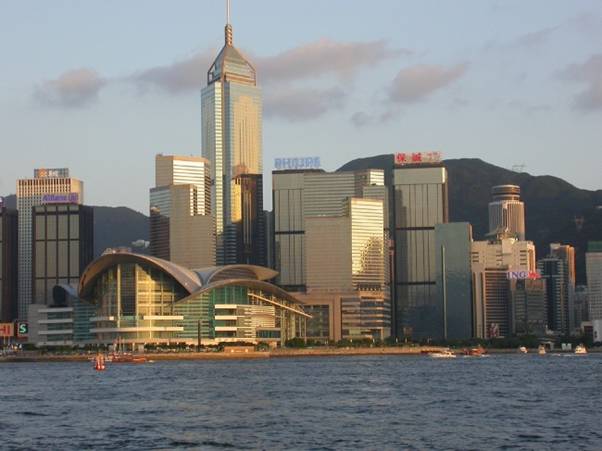The Doha round

Site of WTO Ministerial Conference of 2005 (Hong Kong Convention and Exhibition Centre)
The WTO trade negotiations are organized in a series of Rounds. These rounds of negotiations were started under the General Agreement on Tariffs and Trade (GATT) and have continued since the establishment of the WTO. The most recent round of negotiation, started in 2001, is called the Doha Development Agenda (or Doha Round) and aims to improve the participation of the lowest income countries in world trade by reducing global trade barriers.
The Doha round has now been going for over 10 years and been be characterized by on-going disagreements between the developed world, particularly USA, European Union and Japan, and the developing countries, represented by Brazil, China, India, South Korea, and South Africa. Most of the disagreements have centred on the reduction of tariff and non-tariff barriers in the agricultural sector. All parties desire improved access into the markets of each other, but also wish to ensure their domestic producers are not harmed by an inflow of cheap imports. Additionally, the negotiations have been around the licensing of medical products, the provision of preferential treatment of developing countries and the problems that LDCs are having dealing with negative trade conditions.
The future of the Doha Round is uncertain, with many global leaders expressing frustration at the time taken to conclude the negotiation and reach agreement.